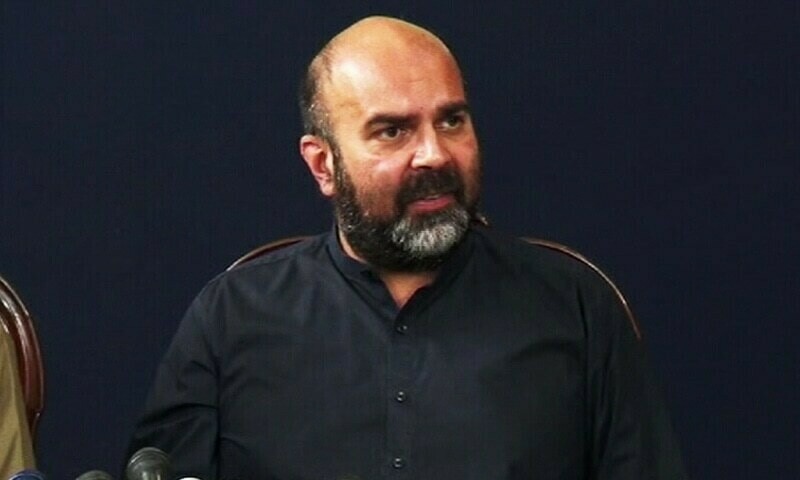PESHAWAR: Serious tensions have surfaced within Pakistan Tehreek-e-Insaf (PTI). The party’s Internal Accountability Committee (IAC) has launched a formal investigation into Taimur Saleem Jhagra. He is the former finance and health minister of Khyber Pakhtunkhwa. The committee accuses him of financial mismanagement, corruption, and poor governance.
According to the committee’s report, Jhagra is suspected of several irregular practices. These include flawed recruitment, reckless policy decisions, and mismanagement of funds. The report, as shared by The News, claims these actions caused heavy losses to the provincial exchequer.
Jhagra has rejected all allegations. He dismissed the inquiry as politically motivated and lacking evidence. He claimed the accusations were part of a campaign to ruin his reputation. According to him, this effort began after Imran Khan directed his induction into the provincial cabinet.
The financial mismanagement charges are central to the investigation. The committee claims Khyber Pakhtunkhwa defaulted several times on financial obligations during Jhagra’s tenure. It also highlights that Rs36 billion was taken from the Pension and Gratuity Account without proper procedures. The committee questioned if this withdrawal, made under Jhagra’s leadership, created a conflict of interest.
The report also accuses Jhagra of over-hiring staff, including relatives. Many of those hired allegedly resigned after securing long-term benefits. The committee raised concerns about misuse of hiring policies. It noted that the province stayed in deep debt throughout his tenure. No solid efforts were made to reduce liabilities, it said.
The committee pointed out questionable loans issued by a financial institution. It also questioned how its managing director was appointed, calling it a clear violation of hiring rules. An inquiry by the Anti-Corruption Establishment is reportedly underway. The committee believes Jhagra’s financial strategies led to numerous stalled or dead projects, wasting more public money.
As health minister, Jhagra is also facing serious corruption accusations. These relate to the Sehat Card Program, procurement of medical equipment, and COVID-19 relief. Hospitals that failed to meet quality standards were delisted from the Sehat Card panel. But the committee says Jhagra did not provide any clear explanation or fix the situation.
During his time in office, Rs3.2 billion was spent on Sehat Card services. This happened even though operational costs had dropped to Rs2.25 billion. The committee has demanded answers regarding this increase in spending.
Another key accusation involves the purchase of body scanner machines. The report alleges they were bought at highly inflated rates. Yet, they were never installed or used. The National Accountability Bureau is reportedly probing the deal. No final outcome has been announced.
The committee also identified flaws in the procurement and storage of COVID-19 relief supplies. Essential equipment remained unused, leading to wastage. In one case, UN-supplied contraceptives were left to expire at Karachi due to delays in distribution.
Further, the committee questioned Jhagra’s links to two foreign organizations. It demanded clarity on his role and whether it led to any conflict of interest. Official explanations from him have been formally requested.
Jhagra, in response, stood by his record. He said all major decisions were approved at the cabinet level. He blamed KP’s financial troubles on federal funding delays, not provincial negligence.
On the hiring allegations, he challenged the committee to present proof. He insisted that all hiring followed proper procedures. Addressing the Sehat Card controversy, Jhagra called the program one of KP’s greatest health reforms. He admitted some hospitals were dropped from the panel but said this was needed to protect quality standards.
He also denied overpaying for medical equipment. Prices, he said, rose due to market pressure during the COVID-19 pandemic. About the contraceptives and other medical supplies that were not distributed, he blamed bureaucratic delays, not corruption.
Despite these explanations, the committee remains firm. It continues to press for accountability over what it calls grave financial mismanagement during Jhagra’s time in office. The investigation is still active, with more developments expected in the coming days.


